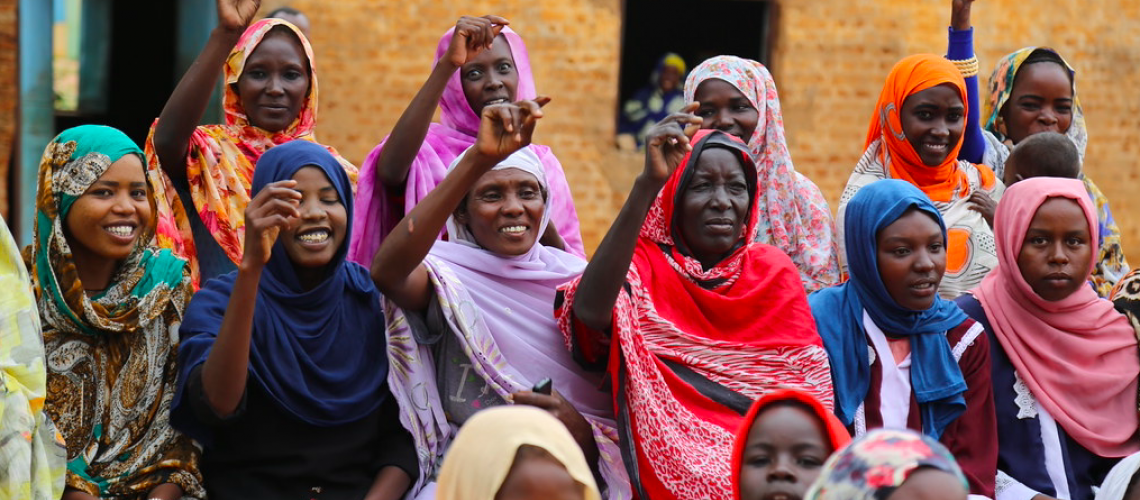
GFDRR, AASTMT and RCDRR and are offering Gender Aspects of Disaster Recovery and Reconstruction on-line course, which is a specialized course within the comprehensive Natural Disaster Risk Management Program, targeting policy makers, community leaders and disaster management professionals for sensitization in the gender aspects of disasters and post disaster processes. It also targets government officials and staff in development agencies, aid and relief organizations.
Gender mainstreaming is a key strategy to reduce inequalities among gender groups. Mainstreaming gender into disaster management strengthens the resilience of entire communities, cuts recovery time, and leads to more efficient recovery and reconstruction. It can be achieved by taking into account the needs, concerns and capacities of gender groups in planning and implementing disaster reduction and risk management activities.
The course is designed to facilitate the mainstreaming process by improving the understanding of gender concerns in disaster management. It also aims to contribute to improving knowledge of relevant policies, regulations and tools for implementing gender sensitive disaster management practices with a specific focus on disaster recovery and reconstruction. In other words, the main objective of this course is to provide a better understanding of how gender mainstreaming contributes to equitable processes and efficient outcomes in disaster management with specific focus on disaster recovery and reconstruction. It reviews the aspects of disaster management where gender concerns arise, and introduces options – policies and tools – to consider in mainstreaming gender in disaster recovery and reconstruction for better results.

